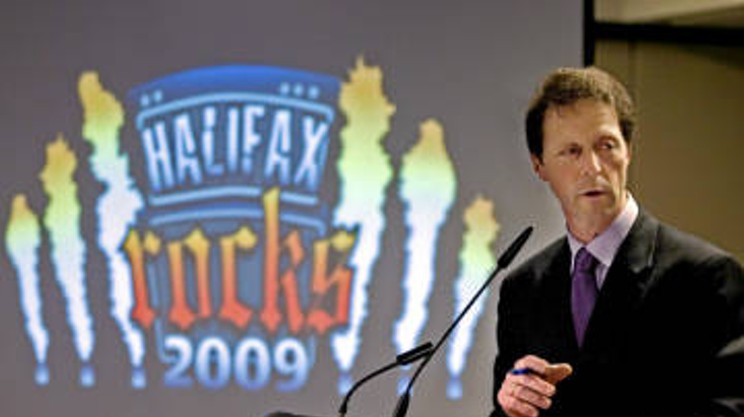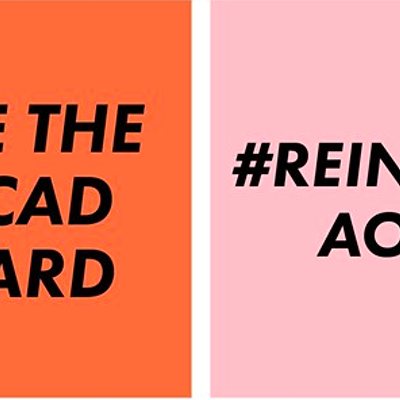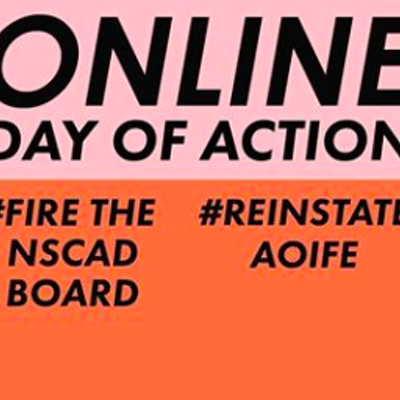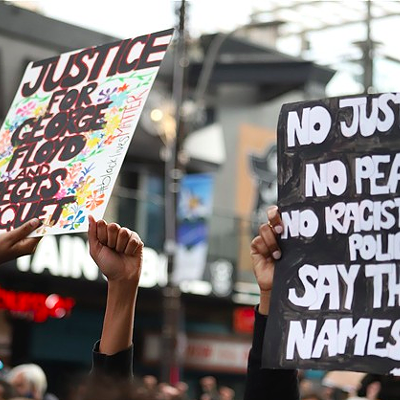In April, The Coast broke the news that the provincial Department of Tourism spent $600,000 in support of the 2009 Paul McCartney concert on the Halifax Common, and had floated private promoter Harold MacKay with a $3.5 million cheque to cover McCartney’s upfront fees. This was over and above the $150,000 the city spent in support of the concert.
But that government support for the private concert promoter evidently wasn’t enough. Earlier this year, MacKay asked Percy Paris, minister of the department of Economic and Rural Development, for an additional $700,000 in taxpayer money to cover expenses incurred during last year’s McCartney and KISS concerts on the Common.
MacKay wrote a letter to Paris on March 29, 2010 requesting $400,000 in “infrastructure costs” related to the concerts and $300,000 for “project development incentive to be used to acquire capital assets,” confirms department spokesperson Toby Koffman. What is a project development incentive? “I don’t know what he means by that,” says Koffman.
After receipt of the letter, there were face-to-face meetings between Paris, MacKay and Halifax mayor Peter Kelly. “I was there,” confirms Kelly. “I probably helped arranged the meeting. It was a matter of intro, discussion and I would leave and they would continue on. But I did not stay for the meeting.”
The Coast’s story on the initial $600,000 provincial contribution in support of the McCartney concert was published April 13 on thecoast.ca, and April 15 in the paper edition. On April 15, Paris wrote a response letter to MacKay, rejecting the request for additional funding.
In The Coast’s April article, we quoted an anonymous source with knowledge of ticket sales figures. Even though other media reported 50,000 people had attended the McCartney contest, our source said just 26,000 tickets were sold. MacKay subsequently dismissed our reporting. Although we did not report it, in April the same source claimed MacKay lost $700,000 on the McCartney concert, a figure that matches MacKay’s request to Paris.
This week, CBC implicitly questioned the economic viability of Common shows by reporting that “hundreds, perhaps even thousands” of free tickets had been given out for last weekend’s Black Eyed Peas concert. The Chronicle-Herald reported that 20,000 people attended the show, but didn’t say how that figure was calculated, or what percentage were admitted on free tickets. And even though the city contributes $100,000 in support of each show, ticket sales and attendance figures are considered proprietary information and are not released to the public. MacKay did not respond to a request for comment.
Update, 1:15pm Friday, July 30: This morning, the Chronicle-Herald followed up on The Coast's exclusive report from Thursday. In the Chronicle-Herald article, promoter Harold MacKay claims his request for $700,000 in funding from the department of Economic and Rural Development was related to this year's Black Eyed Peas concert, and not to the McCartney or KISS concerts, as I reported above.
MacKay's statement contradicts what I was told by ERD spokesperson Toby Koffman. I went back and checked the audio recording of my interview with Koffman. The relevant part follows Koffman giving me the dates of the two letters.
Bousquet: And they're related to the concert in 2008, is that correct?We went on to clarify that both concerts were actually in 2009.
Koffman: Yes. It makes reference to the Paul McCartney concert and the KISS concert.
This morning I called the department back, for clarification. Koffman has the day off, but spokesperson Vicki Roberts called back, and said that while she hasn't read all the correspondence, MacKay's request was related to the Black Eyed Peas concert, not the McCartney and KISS concerts.
I have asked for a copy of MacKay's letter but, citing proprietary information contained in it, the department declined to release it.















